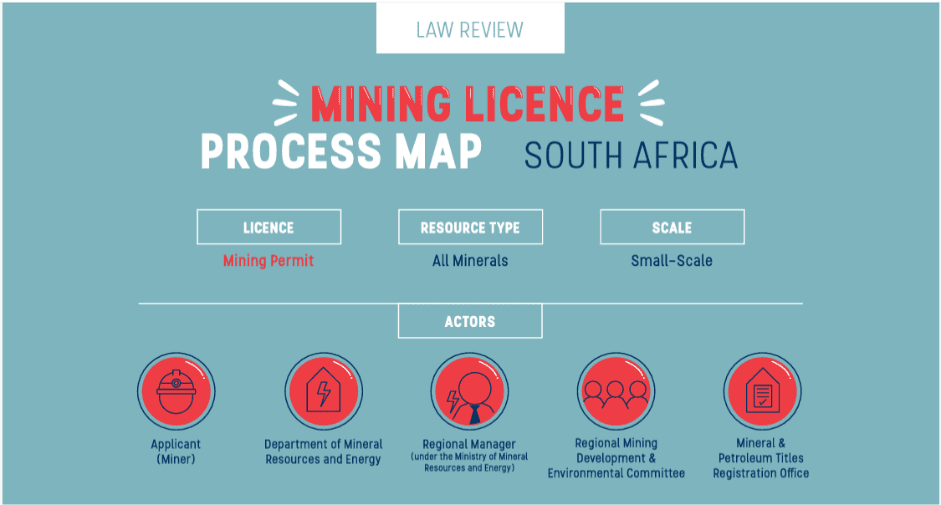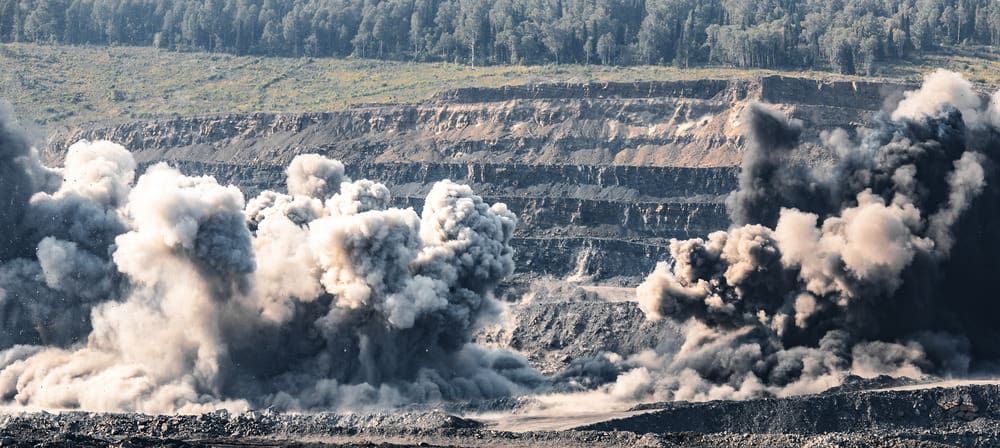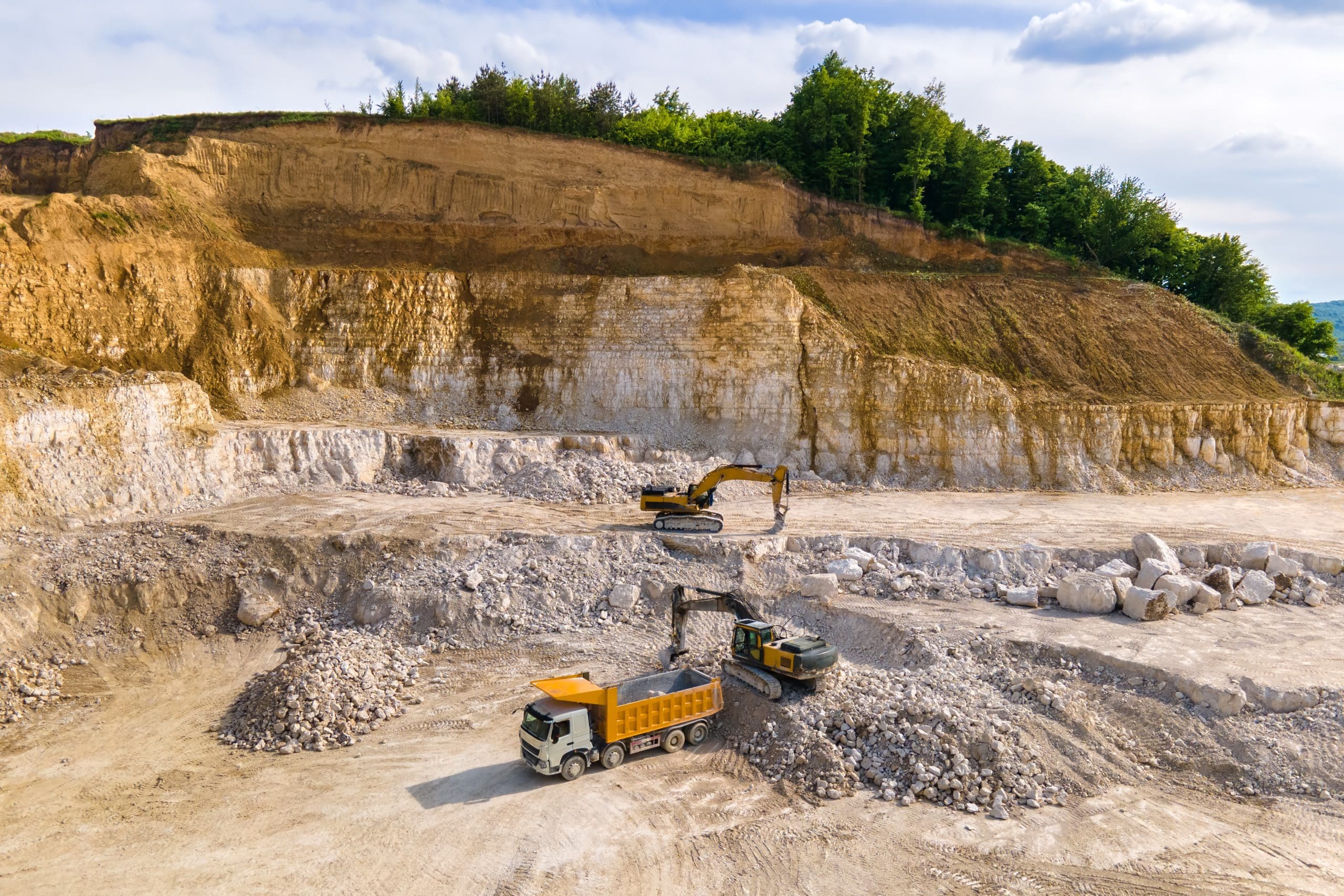Can the South African mining industry continue to grow following Covid?
The mining industry in South Africa is one of the biggest contributors to the country’s fiscus, and one would imagine it to be on government’s priority list for support through regulation, infrastructure provision, licensing and other means to propel it to greater heights. However, a chain is only as strong as its weakest link, and right now there are too many weak links.
What is limiting the mining industry in South Africa?
It is concerning that many of the weak links are in the public sector sphere as it is a catalyst for enabling the growth of this sector. The industry has experienced logjams at ports, preventing exports of minerals and the collapse of Transnet’s rail infrastructure forcing mining houses to ferry goods on trucks via road (which affects road infrastructure and which is increasingly unreliable. The sector is badly affected by unreliable and costly electricity, and, worst of all, the complete breakdown of the issuance of mining licences at the Department of Mineral Resources and Energy (DMRE).

A Daily Maverick article on 24 January 2023 stated that of the more than 2,500 mining applications submitted to the DMRE in FY 2023/24 to date, not one had been finalised to date. This is happening on top of the existing backlog, which in 2023 stood at 4,486, down from 5,326 in 2021, suggesting that at this rate, it will take 16 years to clear the backlog, no doubt leading to the South African share of global exploration budgets falling from over 5% in 2004 to less than 1% in 2022, according to S&P Global Data.
Looking at the process provided by Corruption Watch, the steps seem simple and not bureaucratic at all. The question is, what does South Africa need to unlock this great industry that offers a solution to increased contributions to the fiscus and to job creation?
Could the resilience of the mining sector contribute to complacency?
The answer to the question of whether the sector can grow needs to be nuanced. For the mining sector that has profit as its core objective, the answer is yes. The sector has shown great resilience in the face of serious adversities and produced sterling results in terms of mineral exports, and feeding the trade balance and government taxes.
The bigger question is how much more could have been, and could be, realised if the supply of electricity improved and more licences were awarded. Generally, what we don’t see is underestimated in value and often downplayed. Objective evaluation could bring to light what lies below the tip of the iceberg. It was the mass underneath the water that sank the Titanic.
With newer technologies and access to the expertise of the Council for Geoscience, which according to its website is modern with excellent facilities and expertise, ranking among the best in Africa, why is it difficult to fast-track applications? In the 20221/22 budget year, the DMRE had a R661m allocation for “administration” of its services, which it underspent by R99m. The consumption of the budget includes office rent, the minister’s offices, corporate services and other administrative expenses that go along with employment of 1,462 people.
The future of the mining industry in South Africa
Applications are the foundation of future growth in the mining sector as existing mines have a finite life, and renewal is required to sustain and grow mining activity.
While the resilience of the mining sector in South Africa is commendable, addressing the identified weaknesses is paramount for the country to realise this pent-up potential. Integrating technology into the application process and a commitment by decisionmakers to prioritise application approvals seem to be the low hanging fruit to enable this important industry to expand. The argument that it is more complex than that does not stack up against the unseen losses to the economy.
Contact us to access WOW's quality research on African industries and business
Contact UsRelated Articles
BlogCountries Mining and quarryingSouth Africa
The Role of Service Activities in South Africa’s Mineral Sector
Contents [hide] The mining industry has long been a cornerstone of South Africa’s economy, with associated services being essential and critical in the value chain. The WOW report on services...
BlogCountries Mining and quarryingSouth Africa
Illegal mining – an explosive nuisance
Contents [hide] Illegal mining has grown exponentially in recent years in South Africa, as detailed in WOW’s report on the Manufacture of Explosives and pyrotechnics in South Africa . The...
BlogCountries Mining and quarryingSouth Africa
Mining Companies in Africa continue to grow as climate change shifts
Contents [hide] Africa has plenty of minerals and mineral elements such as bauxite, coal, diamonds, gold, platinum-group metals (PGMs), iron ore, copper, lead, lithium, manganese, nickel, cobalt, phosphate rock, semi-precious...





